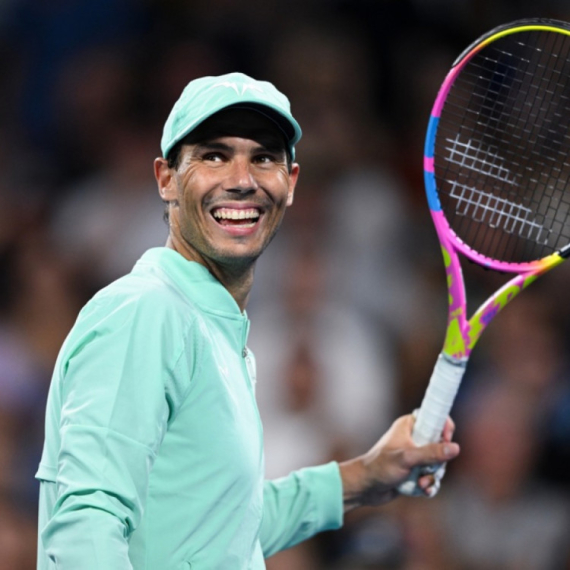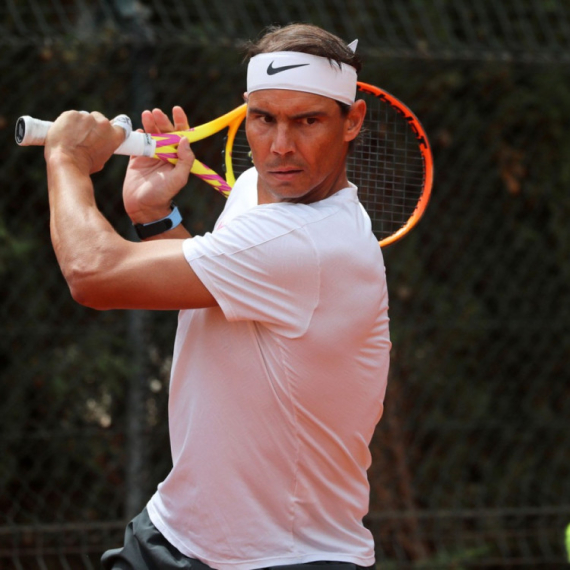“Health service corruption exaggerated”
Health Minister Tomica Milosavljević told B92 last night that corruption is not a mass phenomenon in the Serbian health system and among doctors.
Thursday, 15.01.2009.
13:23

Health Minister Tomica Milosavljevic told B92 last night that corruption is not a mass phenomenon in the Serbian health system and among doctors. However, the president of the Association of Health Service Users, Zorica Markovic, said that the association was constantly receiving complaints about corrupt doctors from citizens. “Health service corruption exaggerated” The arrest of neurosurgeon Eugen Slavik, accused of asking for a EUR 500 bribe to operate on a sick child, has one again brought the topic of health corruption into the limelight. Markovic said that laws and regulations such as the one allowing patients to pay in order to move up waiting lists, helped foment corruption within the health services. Milosavljevic said that he believed that there were less and less corrupt doctors, and that the public image of doctors as corrupt was exaggerated. According to anonymous surveys carried out by the ministry in the last five years of many hospital patients, only 1-1.5 percent of them said that they had been asked for money by doctors. He said that there was a hotline for citizens to report corruption, and that the problems in the health service were related more to the crisis of values in society. The recently-formed Court of Honor at the Doctors’ Chamber is one of the institutions that will help combat corruption. Court President Slobodan Kovacevic said that doctors found guilty of corruption and taking bribes from citizens would be fined heavily and have their medical licenses revoked.
“Health service corruption exaggerated”
The arrest of neurosurgeon Eugen Slavik, accused of asking for a EUR 500 bribe to operate on a sick child, has one again brought the topic of health corruption into the limelight.Marković said that laws and regulations such as the one allowing patients to pay in order to move up waiting lists, helped foment corruption within the health services.
Milosavljević said that he believed that there were less and less corrupt doctors, and that the public image of doctors as corrupt was exaggerated.
According to anonymous surveys carried out by the ministry in the last five years of many hospital patients, only 1-1.5 percent of them said that they had been asked for money by doctors.
He said that there was a hotline for citizens to report corruption, and that the problems in the health service were related more to the crisis of values in society.
The recently-formed Court of Honor at the Doctors’ Chamber is one of the institutions that will help combat corruption.
Court President Slobodan Kovačević said that doctors found guilty of corruption and taking bribes from citizens would be fined heavily and have their medical licenses revoked.




































Komentari 2
Pogledaj komentare